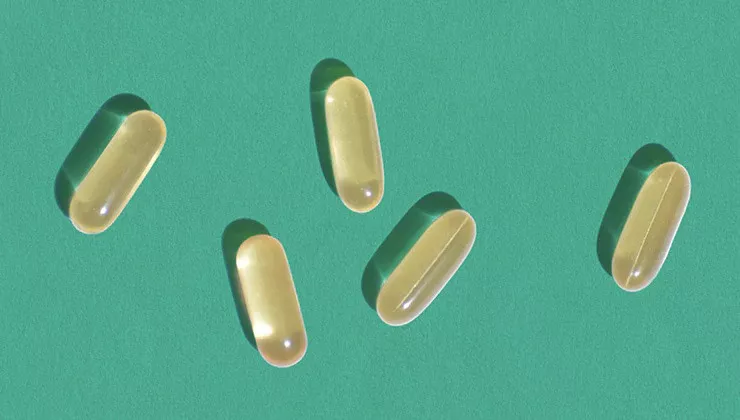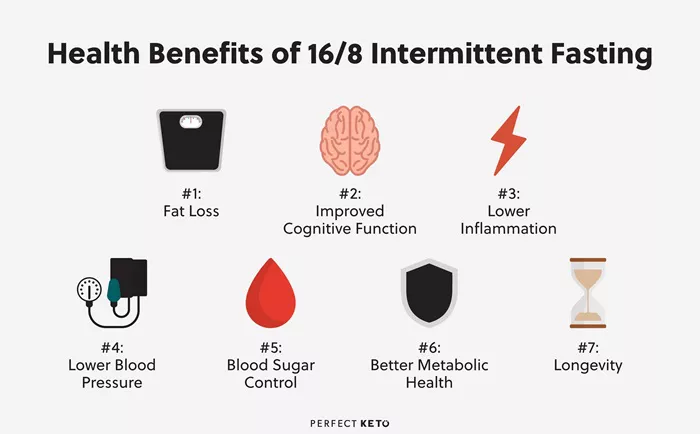Chronic Kidney Disease (CKD) is a growing global health concern that affects millions of people. The kidneys are vital organs responsible for filtering waste and toxins from the blood, maintaining fluid and electrolyte balance, and supporting various body functions. When kidney function declines, it can lead to serious complications such as high blood pressure, anemia, bone disease, and cardiovascular issues.
Managing CKD effectively is essential to preserve kidney function and maintain a high quality of life. Nephrologists—medical experts specializing in kidney health—recommend several scientifically supported strategies for those dealing with CKD, or for individuals seeking to prevent its progression. Below are four expert-backed tips for managing CKD and maintaining healthier kidneys.
1. Control Blood Pressure
High blood pressure is one of the leading contributors to kidney damage. Keeping your blood pressure within the target range recommended by your doctor (usually below 140/90 mm Hg) can help protect kidney function. Here are some strategies to manage your blood pressure:
Reduce sodium intake: Limit your consumption of salty foods and processed snacks.
Quit smoking: Smoking harms blood vessels and elevates blood pressure.
Limit alcohol consumption: Drink in moderation or avoid alcohol entirely.
Stay active: Regular physical activity, such as walking or swimming, can help lower blood pressure.
Get enough sleep: Adequate rest is vital for overall health and can support blood pressure regulation.
Take prescribed medications: Always follow your doctor’s recommendations for medication.
2. Maintain a Healthy Diet
A balanced, kidney-friendly diet is crucial for managing CKD and promoting overall health. Focus on incorporating these food groups into your meals:
Fruits and vegetables: Aim for at least five servings per day to support kidney health.
Whole grains: Choose starchy foods like wholegrain bread, rice, pasta, or potatoes for energy.
Protein: Opt for healthy sources such as beans, lentils, fish, eggs, or lean meats. Adjust protein intake based on your doctor’s guidance.
Limit unhealthy fats, sugars, and salt: Excessive consumption of these can worsen kidney and heart health.
3. Stay Physically Active
Regular exercise is essential for heart health, energy levels, and overall well-being. Aim for at least 30 minutes of physical activity most days of the week. You don’t need a gym membership to stay active—small, daily changes can make a significant impact:
Take the stairs instead of using the elevator.
Go for a walk after meals to aid digestion and promote circulation.
Engage in enjoyable activities like dancing, swimming, or playing sports.
Start slowly if needed, and gradually increase the intensity of your workouts.
4. Manage Blood Sugar Levels
For individuals with diabetes, managing blood sugar levels is essential to preventing further kidney damage. Keeping blood sugar within your target range helps protect kidney function. Be sure to:
Follow your doctor’s advice regarding medication and lifestyle adjustments.
Monitor blood sugar regularly to ensure it stays within the recommended range.
5. Limit Over-the-Counter Pain Medications
Using over-the-counter (OTC) painkillers, such as ibuprofen, diclofenac, or naproxen, on a regular basis can be harmful to the kidneys. These medications should be avoided unless specifically recommended by your doctor. If pain relief is necessary, consult your healthcare provider for safer alternatives.
Conclusion
Chronic kidney disease can significantly impact your health, but by adopting these expert-backed strategies, you can help manage the condition and preserve kidney function. It’s always advisable to consult with a nephrologist or your primary healthcare provider for personalized recommendations tailored to your needs.
By following these simple yet effective steps, you can take proactive measures to protect your kidneys and improve your overall quality of life.
Related Topics
Study Provides Insights Into Quality of Life for Adults with Congenital Heart Disease
Health AI Intended to Save Money Turns Out to Need Expensive Human Oversight
Lifestyle Change Could Help Reduce Heart Disease and Dementia Risks, Says Sleep Expert



































